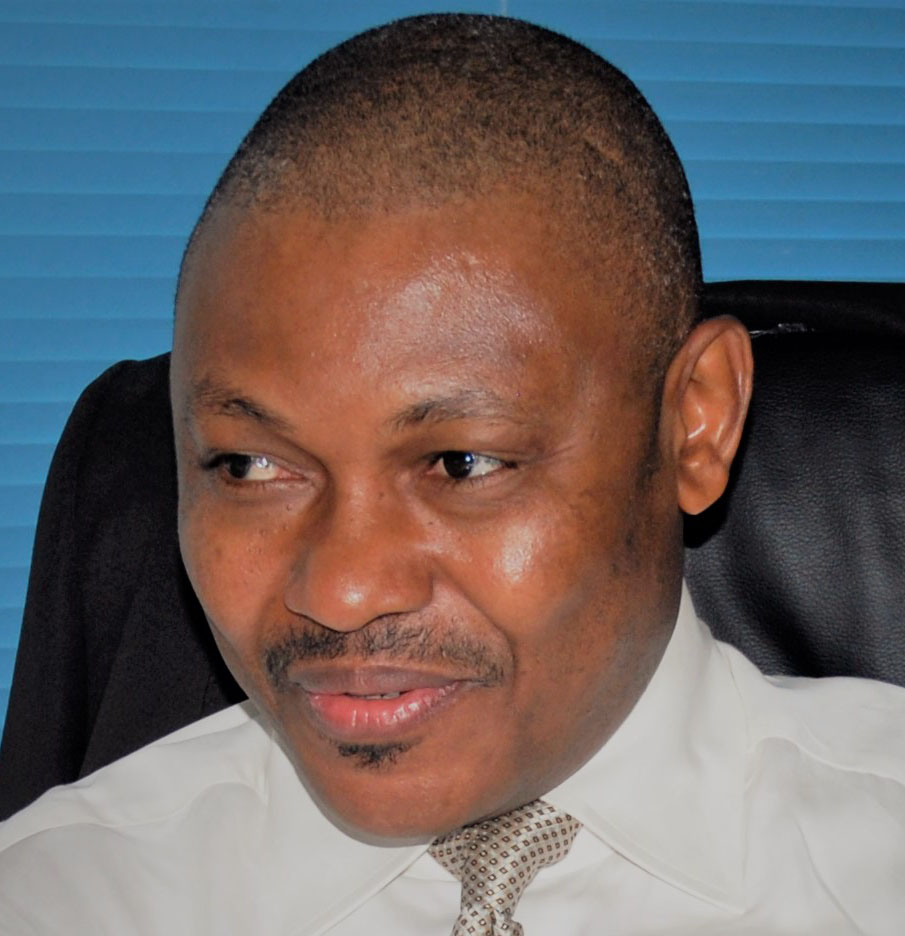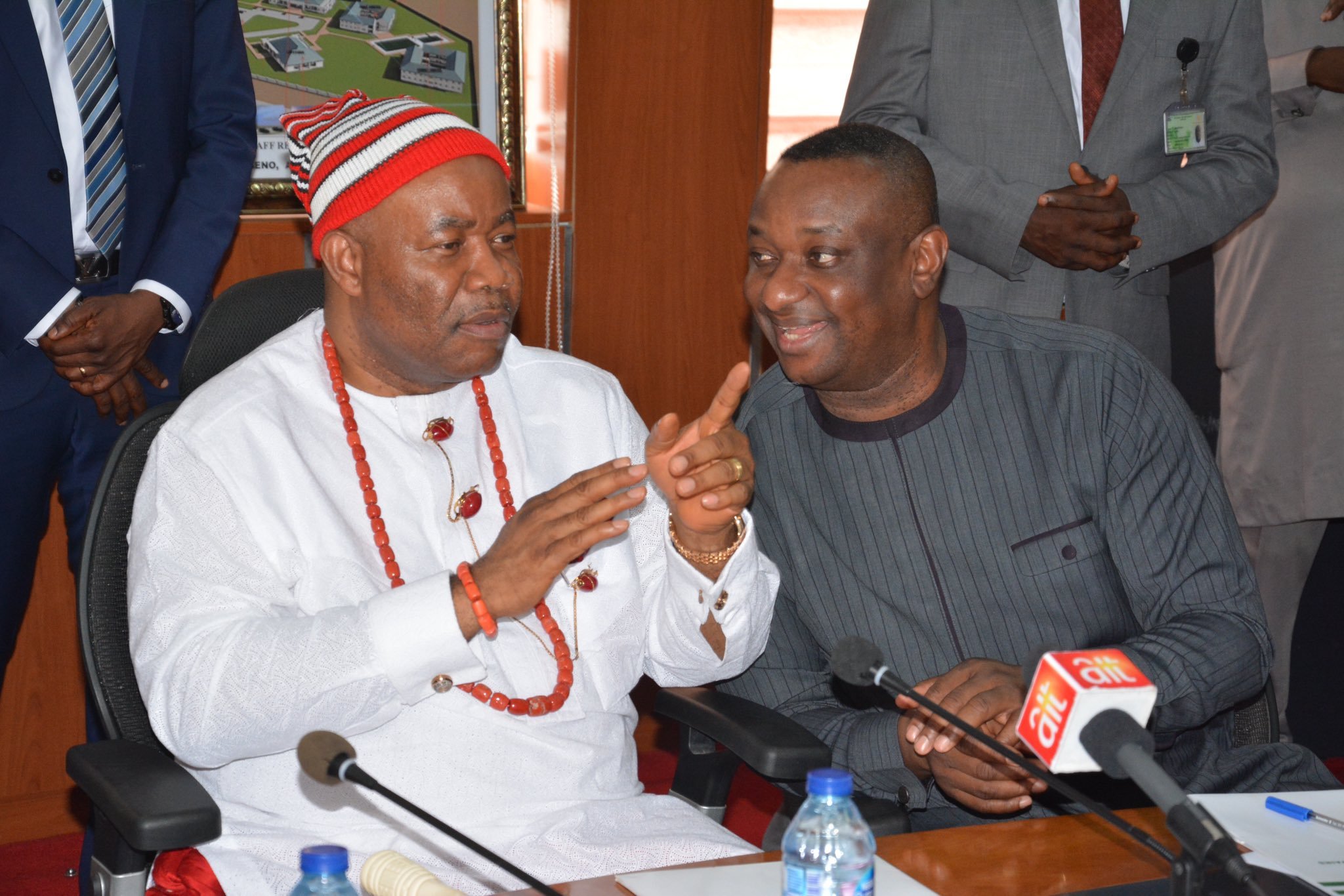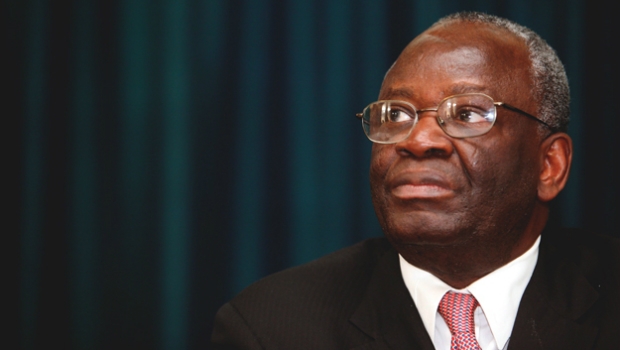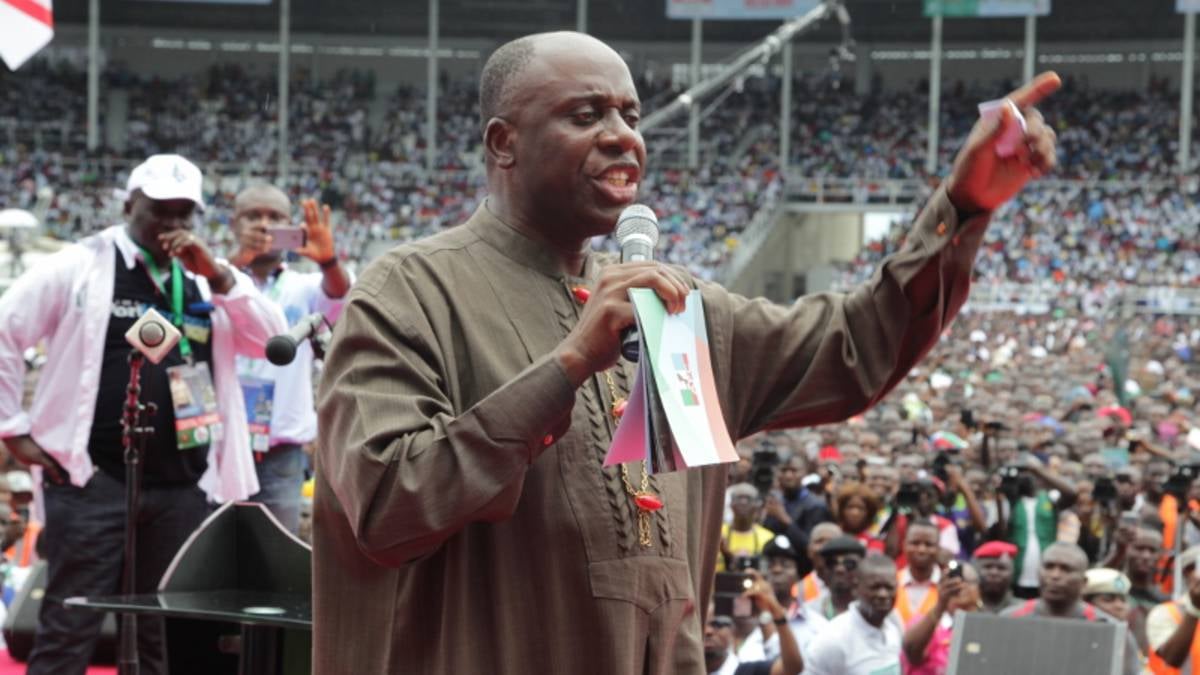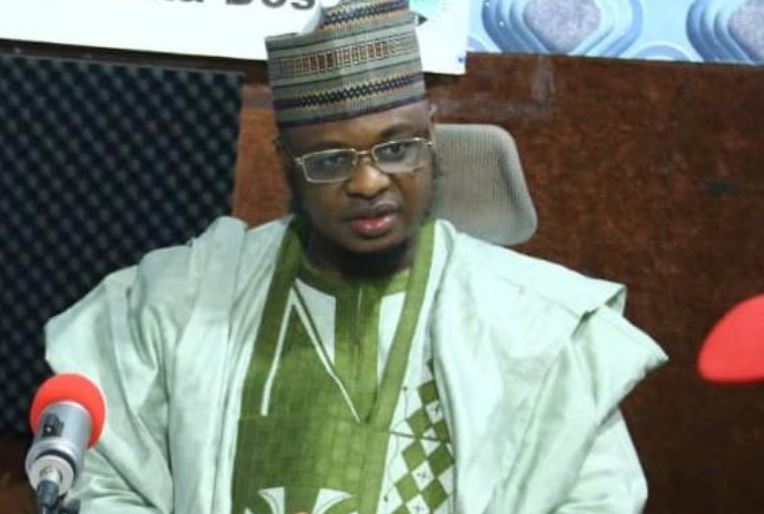This is not being pessimistic. Anyone familiar with the psychological composition and historical antecedents of the peoples of the South South and South East would readily know that pursuing any realistic joint venture between them, as a block, is most likely to remain an exercise in futility.
The pomposity, selfishness, greed, insincerity and aversion to genuine and purposeful leadership that characterise the body fabric of these people will scare away any form of meaningful interaction and cooperation. Even the smallest units among them are not known to trust each other; yet trust is the chain that rolls the engine of cooperation. A people so individually full of themselves can hardly agree on basic issues that require trade-offs. And there is no visible evidence that those attributes could change just by making a proposal.
There has been this talk of the South South and South East coming together to form a political and economic block. Fine proposal! However, past experiences regarding the relationship between the people of the two regions would make the political aspect a far cry. The lack of sincerity which stems from the greed and selfishness of the component units will always breed suspicion, thus making any form of economic cooperation a near impossibility. These have been at the core of the several failed attempts by some persons who throw themselves up as leaders of these zones. Because of the very nature of the people, achieving consensus has always been a challenge. It’s been a challenge because trust is always in short supply.
The mistrust has been a product of consistent betrayals by supposed partners over time. This has created a deep feeling of wariness between them. That is basically the difference between the Eastern Region and the other three post-1963 regions. At every point, one group is poised to take undue advantage of the other. A people who are so deeply suspicious of each other cannot forge a common front, a prerequisite for any meaningful cooperation and advancement. They would be better off sorting themselves out individually because each group knows where the shoe pinches the most.
Advertisement
Unfortunately, the area that constituted the Eastern Region, from where the two zones emerged, is like Africa. It has all it takes to be great in terms of human and natural resources, but it has mindless and subservient leaders with a throng of self-conceited followers. They lack a genuine sense of direction and rely on external stimuli to make moves. When they fail, they blame others. They would never take responsibility for their actions; an attitude that often makes them assume that they are always right and others always wrong. They are perpetually at war with not just others but with themselves. They remain inexplicably poor in the midst of plenty. They find solace in accusing others of exploiting their commonwealth and denying them their due but would never accept that they are the ones inviting the scourge that perpetually afflicts them.
Because there are no defined criteria for emergence of leaders in the zone, whoever has the kick throws up as a leader and gathers his likes to roam the landscape pretending to be fighting the cause of the people, while in actual fact just seeking relevance for selfish ends. It is not likely that there is any other set of people who celebrate villains as heroes. As trenchant as the people seem, they are very timid and subservient to their political leaders who emerge not through the strength of their capacity but through forcefully deployed resources. That is why such leaders become imperial majesties and ride roughshod on the people. These same fellows become community leaders much later, and lead groups that would be blaming others for their backwardness. As if that is not bad enough, they also instigate their people to take up arms against phantom enemies.
The zone needs a serious rethink and a well-defined focus. It needs to first of all define explicitly what it wants before strategising on how to achieve them. So often, the various groups masquerading as socio-cultural organisations only react to external stimuli and change the tune to a new song when the day is over: same choir donning different robes Iike the Levites of Pentecostal congregations. The follow-follow mentality which often manifests when other regions come up with initiatives is not likely going to help the region. They hardly initiate any meaningful plan of action. All the contraptions that feature as leadership groups are often a congregation of retired politically exposed persons who pretend that they can do outside office what they could not do while in office.
Advertisement
In the South South in particular, these people now go about in big dresses, tall hats and heavy beads wearing the toga of leaders of the region. They address rallies and have meetings at the expense of state governments of their catchment areas; but a closer look will reveal that these are the same persons who turned the Jonathan Presidency into a jamboree. If their focus was indeed the region, they would have seized the moment to counsel and insist on decisions and actions that would address pending issues that have been bedevilling the zone for more than eight decades. Instead, most of them saw an opportunity to service their greed, leaving the inexperienced lad to roam the presidency as an orphan. It was when the party was over that it occurred to them that the zone still has challenges; and the people of the area are being marginalised. They go about looking for alliances to fight an enemy that has not been properly defined.
Like Rev Father George Ehusani, a scholar and analyst of the Nigerian condition, has always advocated, the people of the region need serious social analysis to deal with this menace, because the jamboree has lasted long enough for any forward looking people to change strategy. The South South is just by name, there is nothing common among them. Edo and Delta States still see themselves as Mid-West Region and they play a more beneficial politics than the others who engage in petty politics of exclusion. In the present democratic structure, it is only the former Eastern Region that is not represented in the national leadership, not that there was any deliberate effort to exclude them; but basically because of the kind of politics they play.
Sentiments aside, the current campaigners for a South South South/SouthEast co-operation know that it would be a tall order, but because they have to remain relevant in the political arena, they continue in their deceit. The level of distrust is so deep that a coterie of vested interests cannot wish it away on the guise of political and economic correctness. The sentiments run deeper than the platitudes. The experience at the 2014 National Conference is still fresh. These same people, who constituted the bulk of the delegates to that conference, used to meet at Chief Edwin Clark’s residence in Abuja almost every night to plan a common strategy. As soon as they leave the meeting, the individual regions will meet nicodemusly same night to review how that common position will affect them. By the time they get to plenary, they would be singing different tunes. Betrayal!
It is obvious, at least in the Nigerian environment, that those who concentrate on themselves, with internal mechanisms to penalise recalcitrant elements within their midst, are the ones making good political progress. If the South East puts its acts together and dumps some of its coveted but very unhelpful temperaments, chances are that something good could come out of Nazareth. The same cannot honestly be said of the South South.
Advertisement
The South South seems to have some kind of self-destructive mechanism embedded in its psyche. The people have an uncanny sense of entitlement. They sleep and dream, but see no vision. To sleep is good, but to slumber might be dangerous. Until the people stop training their eyes on others, looking for whom to blame for their challenges, it is most likely that the present generation and even the next might continue in the complaint mode. Like their South East brothers, they are proud, arrogant and largely unscrupulous, but much more they lack the sense of communality which is the insignia of the people of the South East.
Individually they believe they are very intelligent. Everyone is an intellectual, an expert in all fields, particularly political governance; but they are always fighting themselves, always poised to sabotage and bring down anyone. Look at what is playing out in the NDDC right now. Outside the furore generated recently by the National Assembly’s planned investigation, a cauldron is boiling at the home front. It involves three top personalities from the three senatorial districts of Akwa Ibom State: Obong Godswill Akpabio, the Minister of Niger Delta Affairs (Ikot Ekpene); Obong Nsima Ekere, immediate past MD of NDDC (Eket) and Otuekong Idongesit Nkanga, Chairman of a group called the Pan Niger Delta Forum (PANDEF) (Uyo).
Some believe, rightly or wrongly, that the probe into the affairs of the NDDC is targeted at Obong Ekere; that Otuekong Nkanga through PANDEF is stoking the fire to scourge Obong Akpabio and Obong Ekere who are political opponents. It is also being speculated that Obong Akpabio, being the Minister in charge of the Ministry overseeing NDDC, is at the centre of it all. This is looking beyond the propriety of the probe itself to the intention within the camps of the gladiators. These are supposed to be the leading lights of the state. This is one state that plays partisan politics from one election to the next election; no time for governance, no time for development, just bickering all the time.
Already, brickbats are flying from the camps of the three, and all the dirty linens in their closets are being washed and dried in the Sahel sun. Because of the unhelpful politics that they play, the state has become the cynosure of starry eyes beholding it as the epicentre of corruption in an already battered nation. Soon the EFCC might be on the trail of these fellows, not because it ordinarily would want to, but because of the peoples’ acts of indiscretion.
Advertisement
When the affected are investigated and probably stripped of their positions and possessions, the internal antagonists will congratulate themselves that they have dealt with those “renegades” while others will start shouting persecution of the people of the Niger Delta by a cabal bent of emasculating the people of the area. They will cry nepotism and wail marginalisation, but forget that when two brothers fight a stranger that reaps the harvest.
James, a communication consultant, lives in Abuja.
Advertisement
Views expressed by contributors are strictly personal and not of TheCable.
Add a comment
